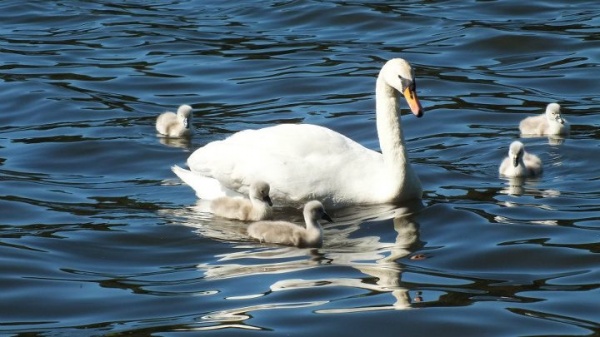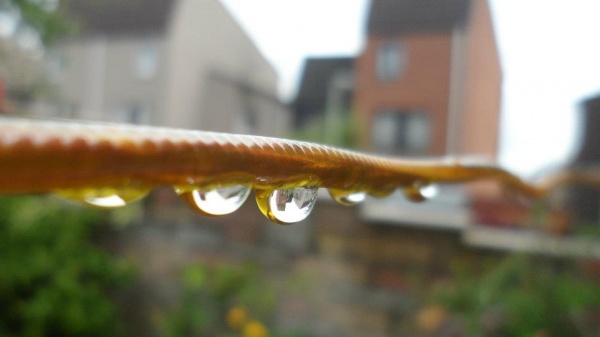Engineers touch every aspect of our lives but frequently we do not recognise who they are or what they do.
To inspire young people to become engineers we must first help them to understand what it is that engineers do, what inspires them and what it takes to become one. Engineering as a rich, stimulating and challenging context for learning in sciences, technologies and maths is the basis of Education Scotland’s STEM Central resource.
Today saw the launch of a challenge for learners in primary schools in Scotland. Scottish Engineering and The Leaders Award for STEM are challenging learners to become Leaders for STEM in their schools by considering what they would do if they were an engineer.
Engineers will visit schools and answer questions from learners, hoping to inspire a generation with their experiences.
Learners are challenged to draw or write ‘What I would do if I was an engineer in Scotland.’ Competition closing date is 30th November 2012 with winners announced on the 7th December 2012 and all shortlisted entries displayed in The Barony Hall at the University of Strathclyde Glasgow on 15th and 16th December.
For more information how to enter visit: www.leadersaward.com.
Leaders Award co-ordinator: Susan Loxley susan.loxley@leadersaward.com













